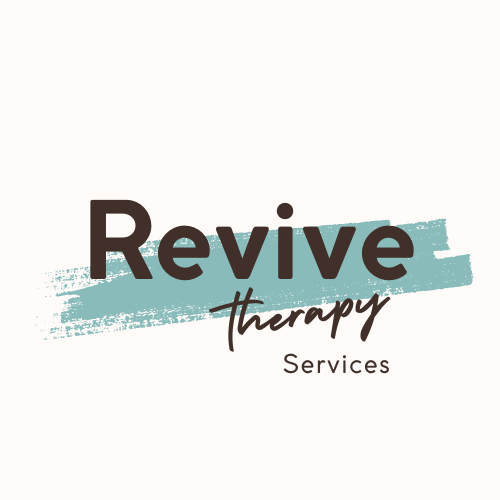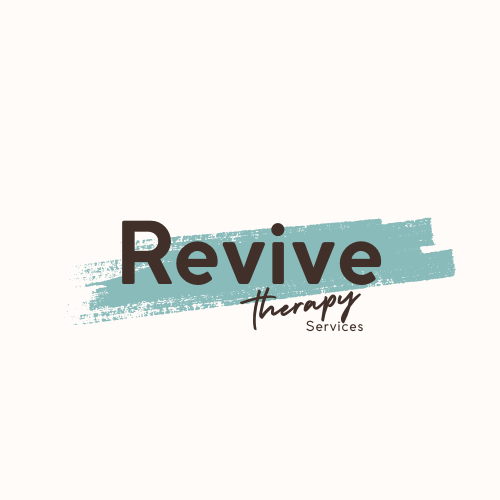Narcissistic Victim Abuse: Understanding, Healing, and Reclaiming Your Power
Have you ever felt emotionally manipulated, belittled, or drained by someone close to you? If so, you may be dealing with narcissistic abuse. This form of psychological and emotional abuse can leave deep, long-lasting scars, and it often takes time to recognize the signs. Whether the narcissist is a romantic partner, friend, or even a parent, the effects can be devastating. The good news? Healing is possible. In this blog, we’ll dive into what narcissistic abuse looks like, how it affects you, and most importantly, how you can begin the journey to recovery.
What is Narcissistic Victim Abuse?
Narcissistic abuse occurs when someone with narcissistic traits—a grandiose sense of self-importance, lack of empathy, and an intense need for admiration—uses manipulation and control to dominate another person. This manipulation can show up in several ways, such as:
Gaslighting: Convincing you to question your reality and doubt your feelings.
Love-Bombing: Showering you with attention and affection only to later withdraw it as a form of control.
Devaluation: Constantly criticizing, belittling, or putting you down.
Isolation: Manipulating situations so that you feel cut off from friends, family, or other support systems.
These tactics leave the victim feeling confused, emotionally exhausted, and dependent on the narcissist for validation. Over time, this pattern can erode your self-esteem and self-worth.
Common Signs of Narcissistic Abuse
It’s not always easy to identify narcissistic abuse, especially when it happens gradually. However, here are some common signs you may be experiencing it:
Constant Doubt: You second-guess your thoughts, feelings, and decisions.
Emotional Instability: You’re constantly on an emotional rollercoaster—never sure if you’ll be praised or criticized.
Walking on Eggshells: You’re always worried about triggering their anger or disapproval.
Feeling Trapped: You may feel dependent on the narcissist, unable to leave or seek healthier relationships.
Loss of Confidence: Over time, you feel smaller, more insecure, and begin questioning your worth.
Narcissistic Parents: The Hidden Trauma from Childhood
While many people associate narcissistic abuse with romantic relationships, it often begins much earlier in life—with narcissistic parents. If you grew up with a parent who consistently prioritized their own needs, treated you as an extension of themselves, or used guilt and shame as control tactics, you may have experienced narcissistic abuse in childhood.
This early exposure to emotional manipulation can deeply affect how you see yourself and the world around you as an adult.
Traits of a Narcissistic Parent
Emotional Manipulation: They may use guilt or shame to control their child’s behavior and emotions.
Unrealistic Expectations: Children are pressured to achieve for the parent’s benefit, often facing criticism or rejection if they fall short.
Inconsistent Love: Their affection may be conditional, leading children to constantly seek approval and validation.
Lack of Boundaries: Narcissistic parents often don’t respect their child’s autonomy, treating them as an extension of themselves.
The Long-Term Impact of Narcissistic Parenting
Growing up with a narcissistic parent can leave lasting emotional wounds. Many adults who were raised by narcissists struggle with:
Low Self-Worth: Constant feelings of inadequacy, shame, or self-doubt.
Difficulty Setting Boundaries: Feeling unable to say “no” or advocate for yourself.
People-Pleasing: Prioritizing others' needs over your own in an attempt to avoid conflict or rejection.
Complex Trauma (C-PTSD): Lingering emotional wounds that can lead to anxiety, depression, or chronic stress.
For many, the effects of narcissistic parenting can lead to repeating unhealthy relationship patterns in adulthood.
Healing from Narcissistic Abuse: A Path to Recovery
Whether you’re recovering from the narcissistic abuse of a parent or a partner, healing is possible. The journey to reclaiming your power starts with awareness and rebuilding your sense of self. Below are key steps you can take to begin healing:
Acknowledge the Abuse: Understanding and naming the abusive behavior is the first step toward breaking free.
Set Clear Boundaries: Start protecting yourself by limiting contact with the narcissist or cutting ties completely, if possible.
Rebuild Your Self-Worth: Focus on reconnecting with who you are outside of the abusive relationship.
Seek Support: Reach out to trusted friends, family, or a therapist who specializes in narcissistic abuse and trauma.
Therapy for Trauma: Professional help is often necessary to fully process the emotional wounds caused by narcissistic abuse. Therapeutic approaches like EMDR (Eye Movement Desensitization and Reprocessing) or Somatic Experiencing can help you process trauma and restore a sense of safety within your body.
Why Trauma Therapy is Critical for Healing
The emotional wounds left by narcissistic abuse are often complex and deeply rooted, particularly if the abuse started in childhood. Trauma therapy can help you not only process those wounds but also rediscover your true self, free from the narcissist’s control. Therapies like EMDR and Somatic Experiencing are particularly effective for individuals recovering from relational trauma.
At Revive Therapy Services, we specialize in helping individuals recover from the long-term effects of narcissistic abuse. Whether the abuse came from a parent, partner, or friend, we provide a safe, supportive environment for you to heal and rebuild your life. Our trauma-informed approach helps you work through the emotional pain, restore your sense of worth, and create healthier relationships moving forward.
Reclaim Your Power: You Deserve to Heal
Recovering from narcissistic abuse is not easy, but it’s possible—and you don’t have to do it alone. At Revive Therapy Services, we offer specialized care for individuals affected by narcissistic abuse, helping you reclaim your identity, build healthier boundaries, and recover from the trauma. Whether the abuse was recent or began in childhood, we’re here to help you on your path to healing.
If you’re ready to take the first step, we offer free consultations to explore how we can support you. You deserve to live free from the emotional scars of narcissistic abuse, and with the right support, you can rebuild a life of confidence, strength, and self-worth.
Contact Us Today
Ready to start your healing journey? Visit us at www.revivetherapyservices.com or book a complimentary phone consult to get the ball rolling. Here’s what to expect on your call:




